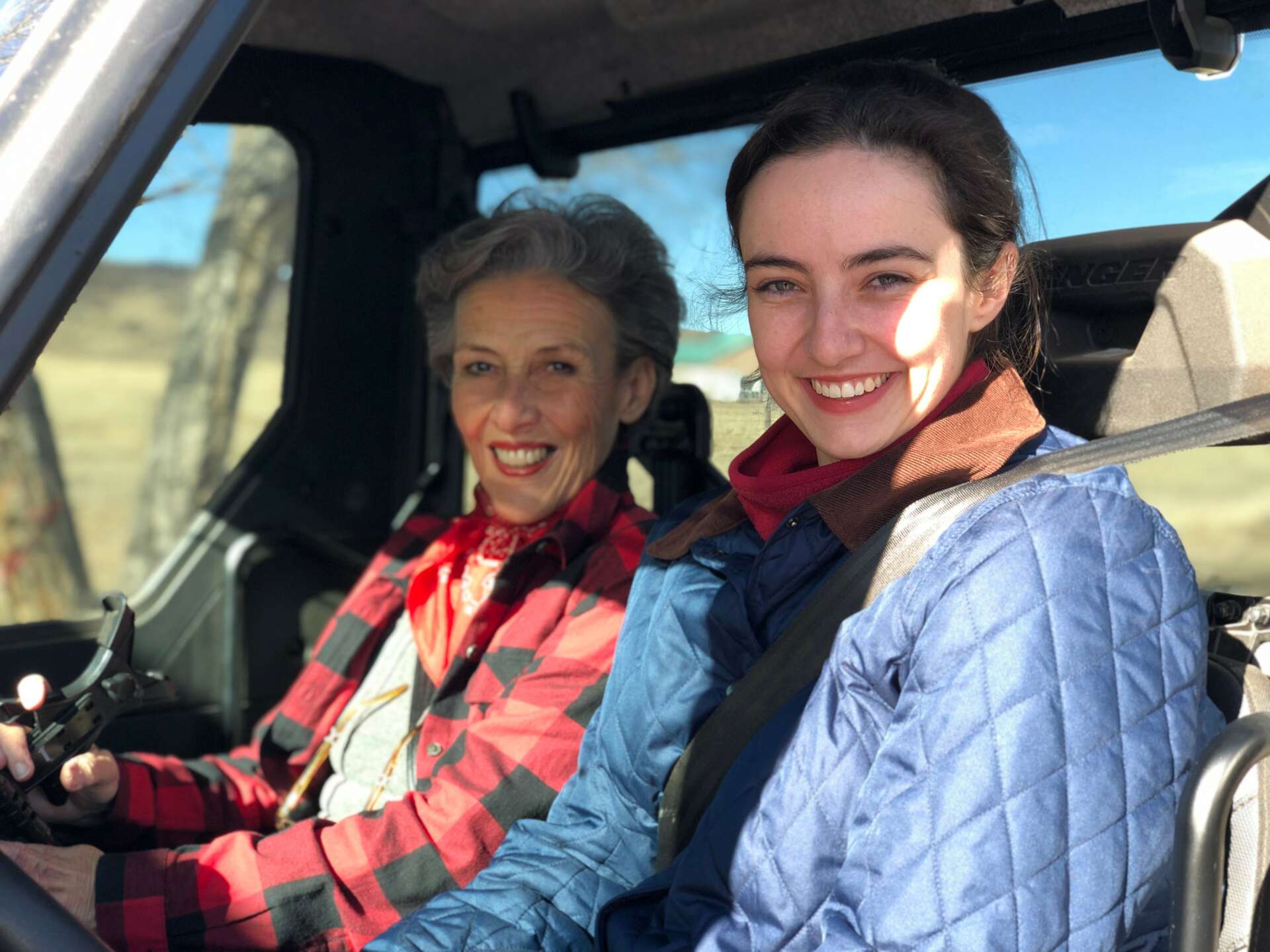We caught up with the brilliant and insightful Bella Wood a few weeks ago and have shared our conversation below.
Bella, looking forward to hearing all of your stories today. Let’s kick things off with your mission – what is it and what’s the story behind why it’s your mission?
My family came to northeastern New Mexico 300 years ago and passed down the ranch we now call Ute Creek Cattle Company. It is where my grandmother was raised, and where my cousins and I will be the 9th generation to care for this land. My grandparents began restoring the ranch by welcoming a younger generation of experts to help keep sustainability and conservation at the center of their work. First, they created 24 pastures out of the four that existed to introduce rotational grazing to improve soil health. They restored riparian areas by eradicating the water-sucking salt cedar, and that allowed the Ute Creek to become the cornerstone of the ranch and its conservation efforts. This was followed by my grandmother’s creation of her Wild Bird Sanctuary which increased the bird count at the ranch from 17 to over 100 native bird species and is now a National Wildlife Refuge. Dirt tanks and playa lakes replenish the water table underneath the ranch and circular corrals protect our cattle from stress while we are working them. Five water tanks have shade balls that save 16,000 gallons of water per year per tank from evaporation.
The innovations my grandparents spearheaded have not been cheap, but they have been in constant pursuit of creating a sustainable, conservation-oriented home for the generations to come. It has been their mission and their life’s greatest joy. Following in the footsteps of my grandparents and the strides they have made in the last 20 years is a responsibility I do not take lightly.
My grandparents showed me that sustainability on our ranch means increased opportunity for all family ranches because generational ranches across the country are a legacy that needs to be protected and improved upon. Ranch Lab is my contribution to that legacy. My grandparents’ work has proved that when generations work together, incredible things can happen. And I know that kind of motivation is exactly what ranching and rural communities in this country need right now.
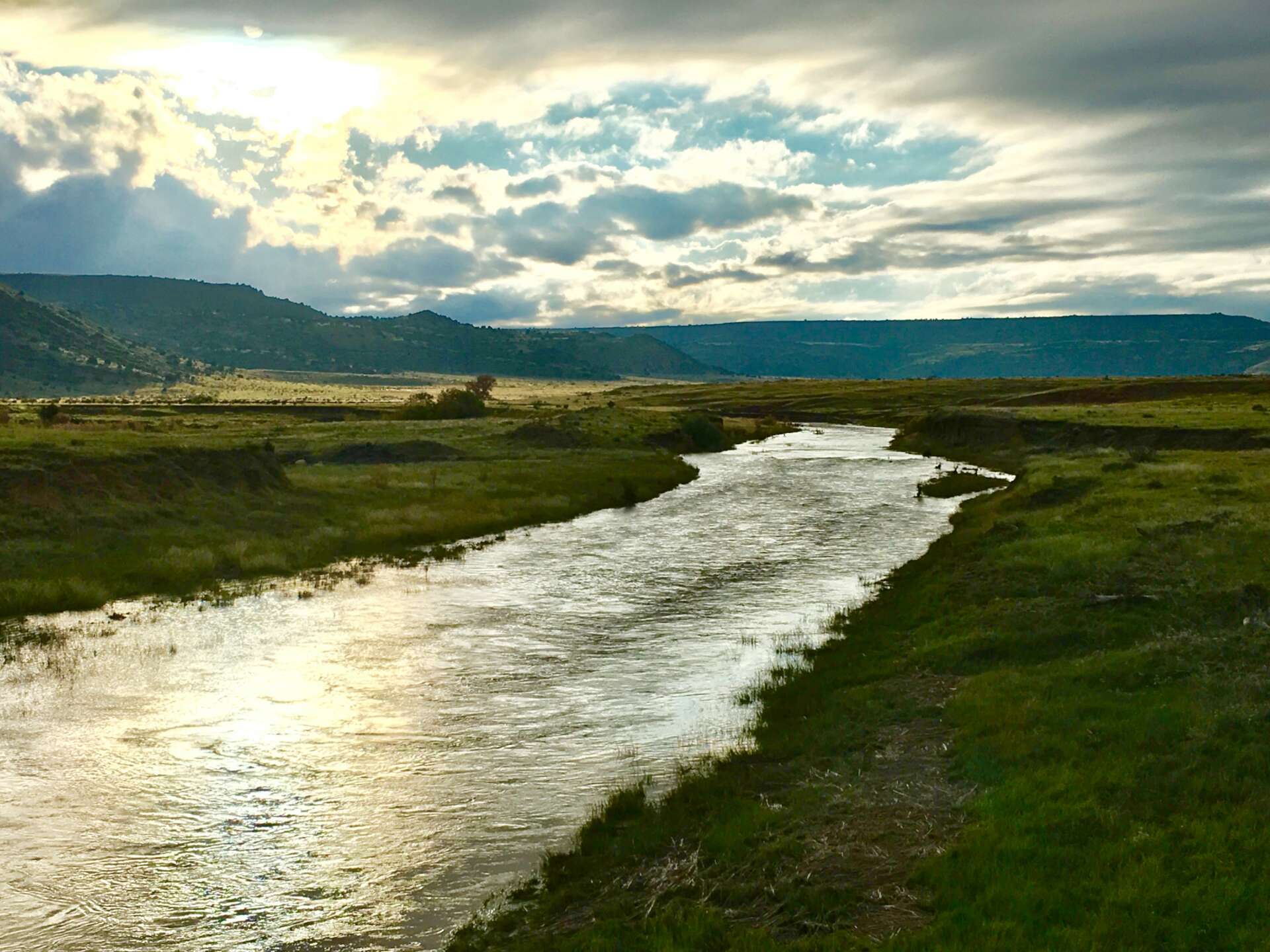
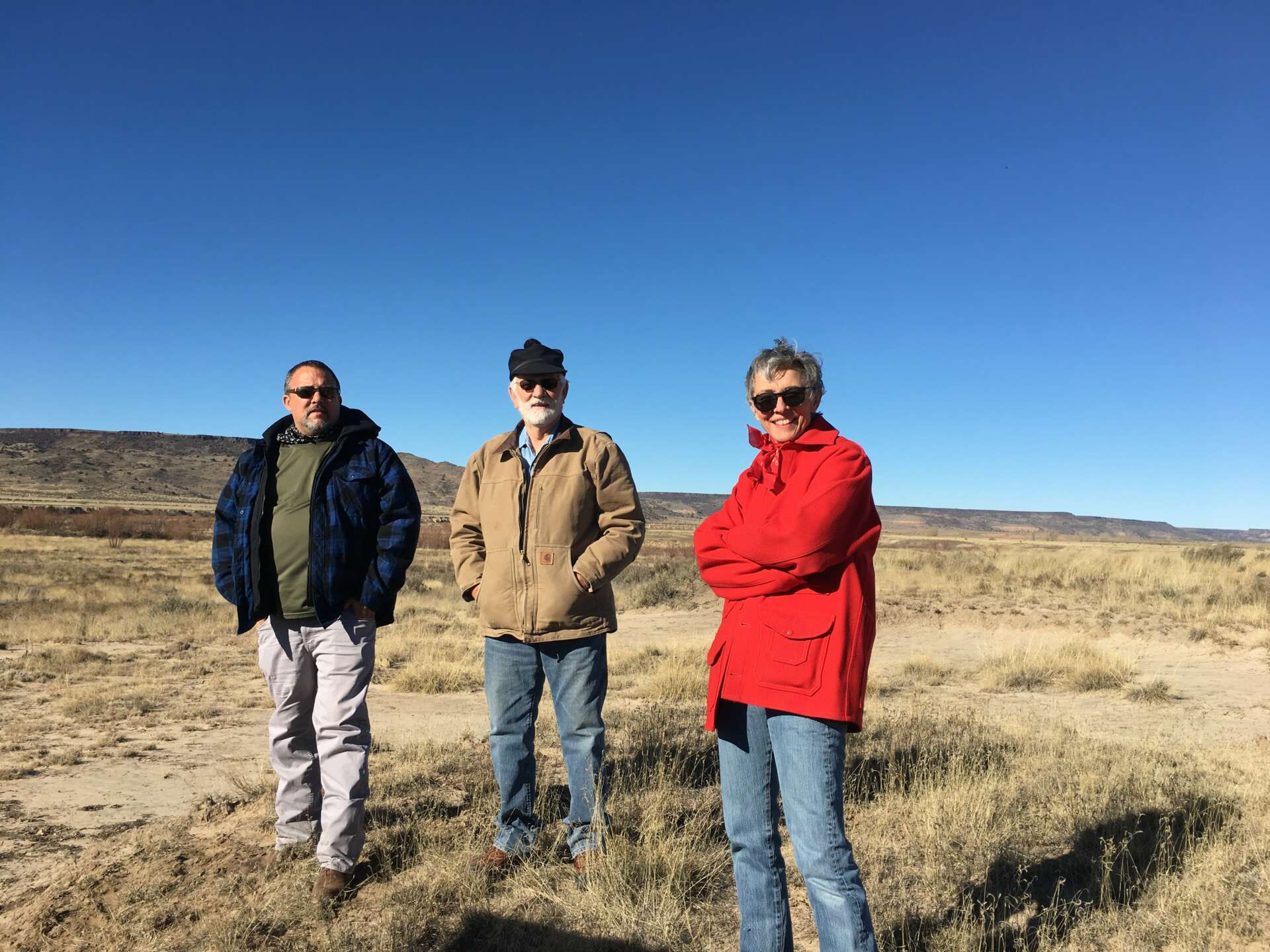
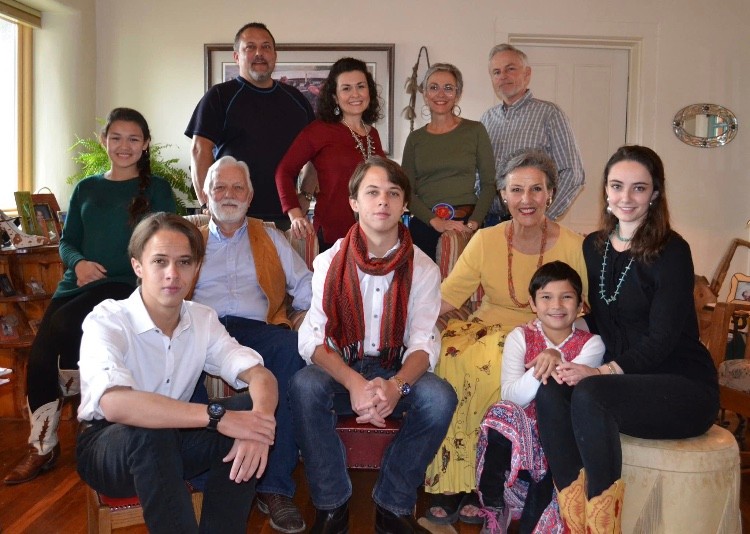
Awesome – so before we get into the rest of our questions, can you briefly introduce yourself to our readers.
I was born into ranching but was not raised on my family ranch. I grew up in Wyoming and visited our ranch often. I observed as my grandparents made choices that were, and continue to be, sustainably minded and scientifically driven, and their wisdom is what will make our goals possible.
I attended Fordham University in New York City and spent my time working on political campaigns, for nonprofits, and a think-tank evaluating the challenges of a liberal arts education. I graduated during the pandemic and became an elementary school teacher in Brooklyn. I found myself at our ranch the summer after my first year of teaching and realized I wanted to switch gears and transition into working in agriculture. Even more, I wanted to work with my grandparents so when it becomes our turn to run the ranch I have learned as much as possible from them. I spent the next year teaching 10-year-olds and mulling over the role Ranch Lab could play in the future of family ranches across the west.
Ranch Lab brings a unique perspective and necessary system to address challenges in modern ranching. We create partnerships between researchers and small ranches to implement environmentally efficient, cost-effective, relevant solutions that increase knowledge diversity in ranching. By providing the framework for these two groups to collaborate we can solve the challenges facing ranches and communities today. I want to invite younger generations to get involved in agriculture using their unique skills and perspectives and encourage small producers and older generations to use their tacit knowledge to influence the future of ranching.
Are there any books, videos or other content that you feel have meaningfully impacted your thinking?
“Letters to a Young Farmer; On Food, Farming, and Our Future” by the Stone Barns Center, has been the most influential book in the creation of Ranch Lab. It is the honest words of environmentalists, farmers, policymakers, professors, and many more about the challenges facing food production today, the satisfaction of success in this industry coupled with the inevitable difficulty, and the sheer necessity for young people to return to agriculture. Ranch Lab stemmed from the wisdom of their words and their invitation back onto the land. Whenever I have doubts about if I am doing the right thing, I return to the honest words from these individuals, often Barbra Kingsolver right at the beginning of the book who reminds young farmers that their “vocation is creative, necessary and intellectually demanding.” Which, when I decided to start on this project was all that I really wanted out of a job, and the fact that it has been all three of those things is tremendously motivating. Every one of the essayists believes in the importance of encouraging younger generations to return to the land, and without their knowledge and impact on the industry, we would be hard-pressed to be successful in creating a more sustainable, affordable, and achievable agriculture industry.
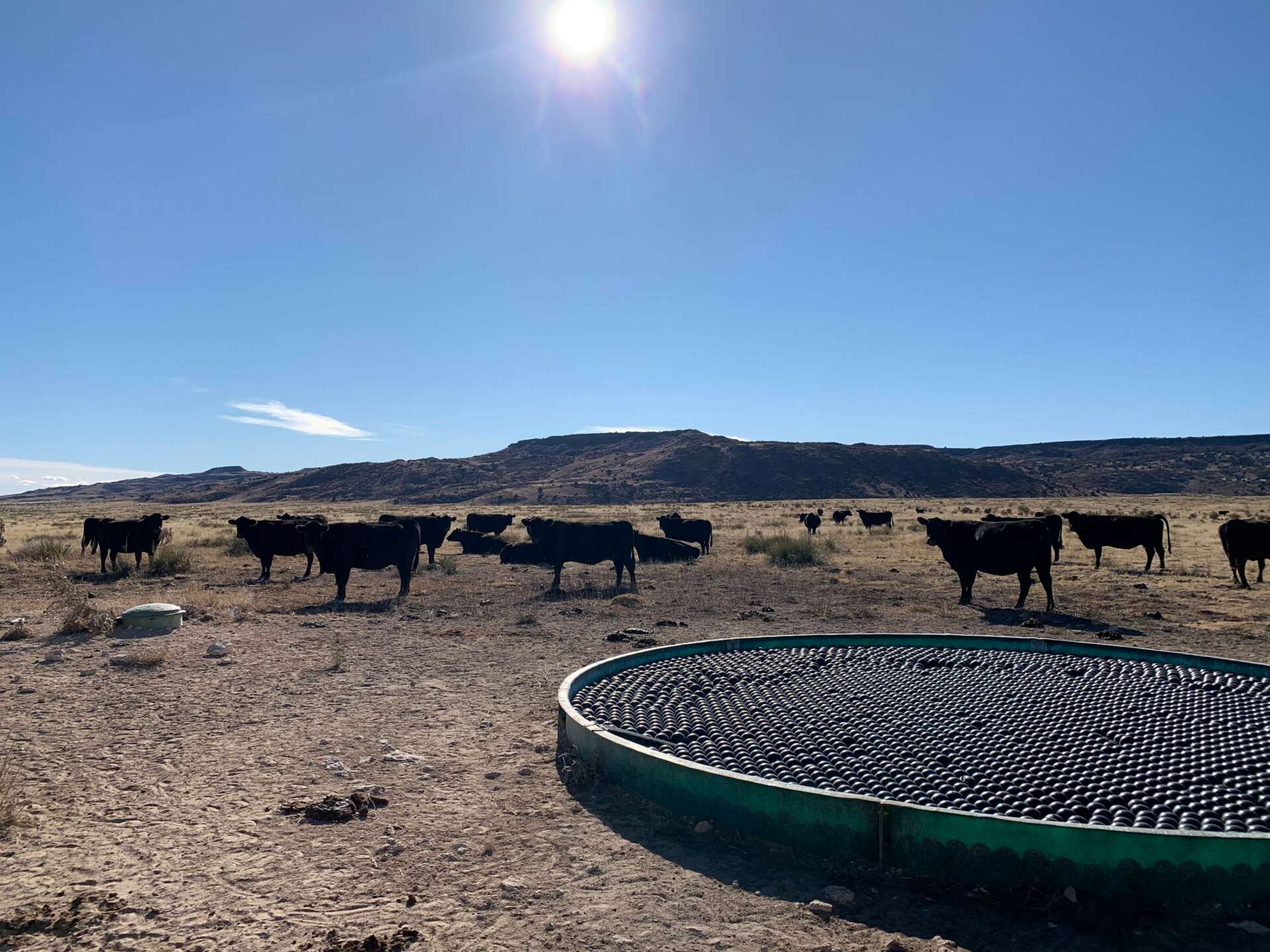
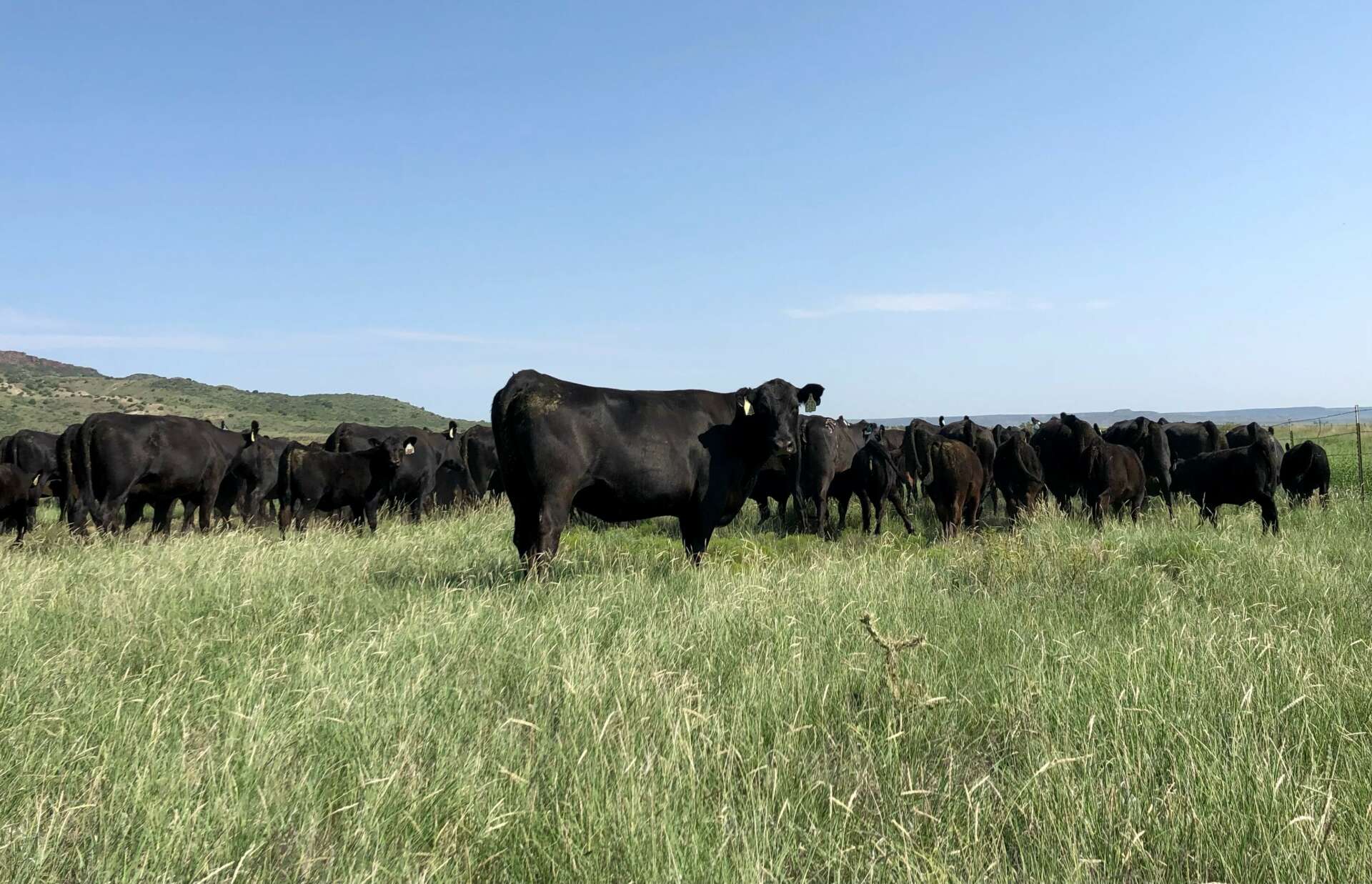
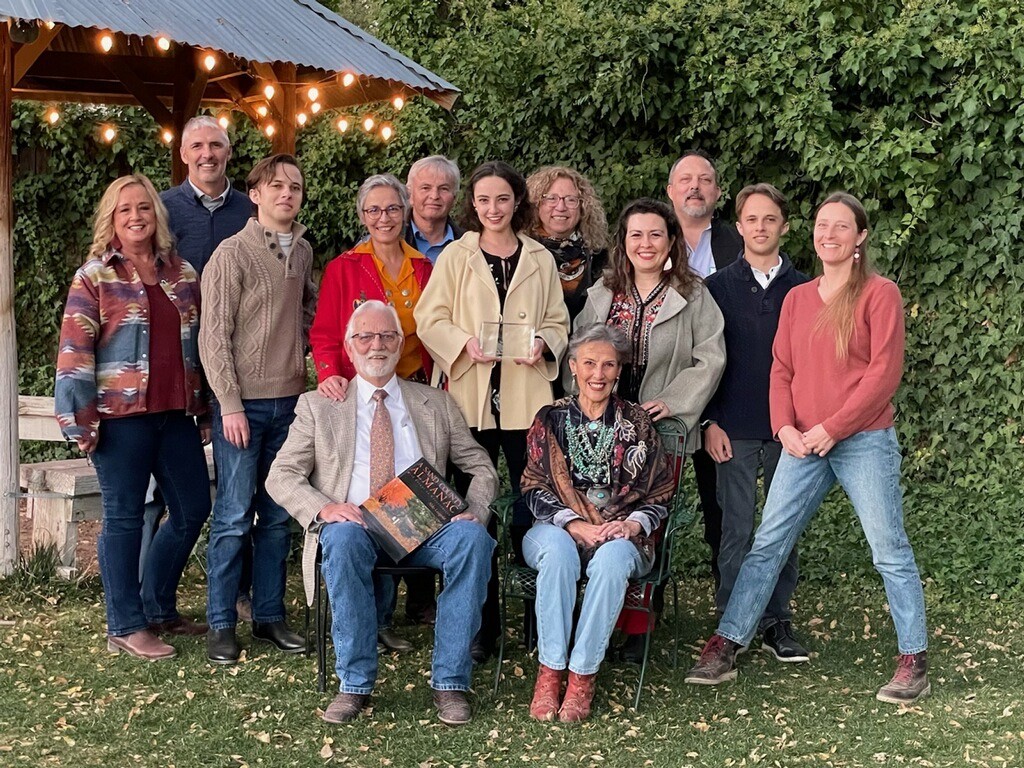
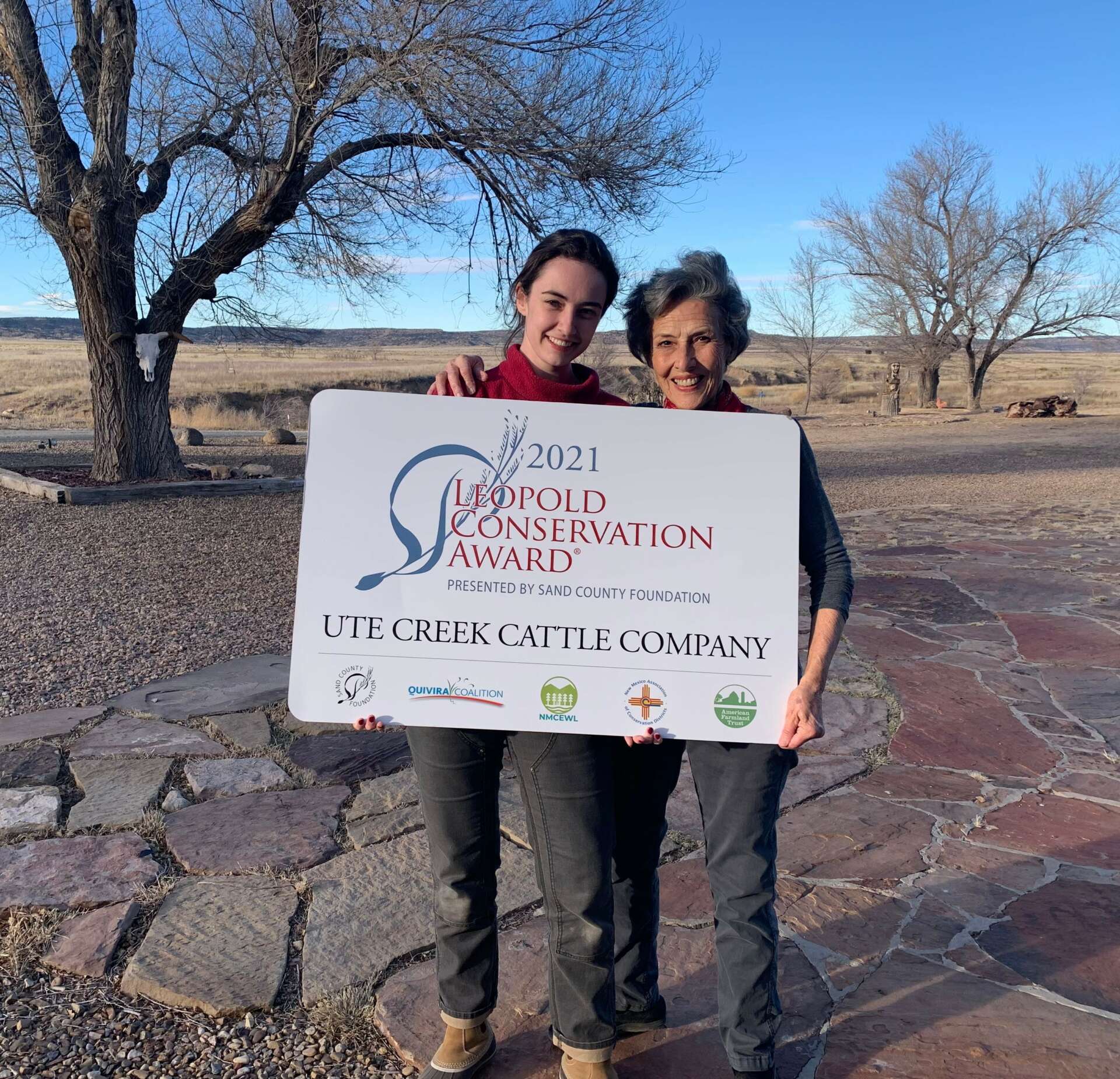
Can you tell us the story behind how you met your business partner?
I am incredibly fortunate to have known my cofounder my entire life. This idea has come from the conversations I have had with my grandmother over the last 10 years. By knowing her stories from the ranch she was raised on, I understood the level of commitment, motivation, and satisfaction that comes from caring for a family ranch. By recognizing the importance of her wisdom and accepting the role I could play in the advancement of agriculture, Ranch Lab was born. I have the great privilege of being surrounded by peers and mentors from different industries and disciplines who have helped RL come to fruition. I have shouted this idea from the rooftops and welcomed the guidance that came from those who responded. I still am! Ranch Lab wouldn’t exist without doing just that.
Contact Info:
- Website: www.ranchlab.org
- Instagram: @ranch.lab
- Linkedin: https://www.linkedin.com/company/ranch-lab/
Image Credits
Photos taken at Ute Creek Cattle Company


